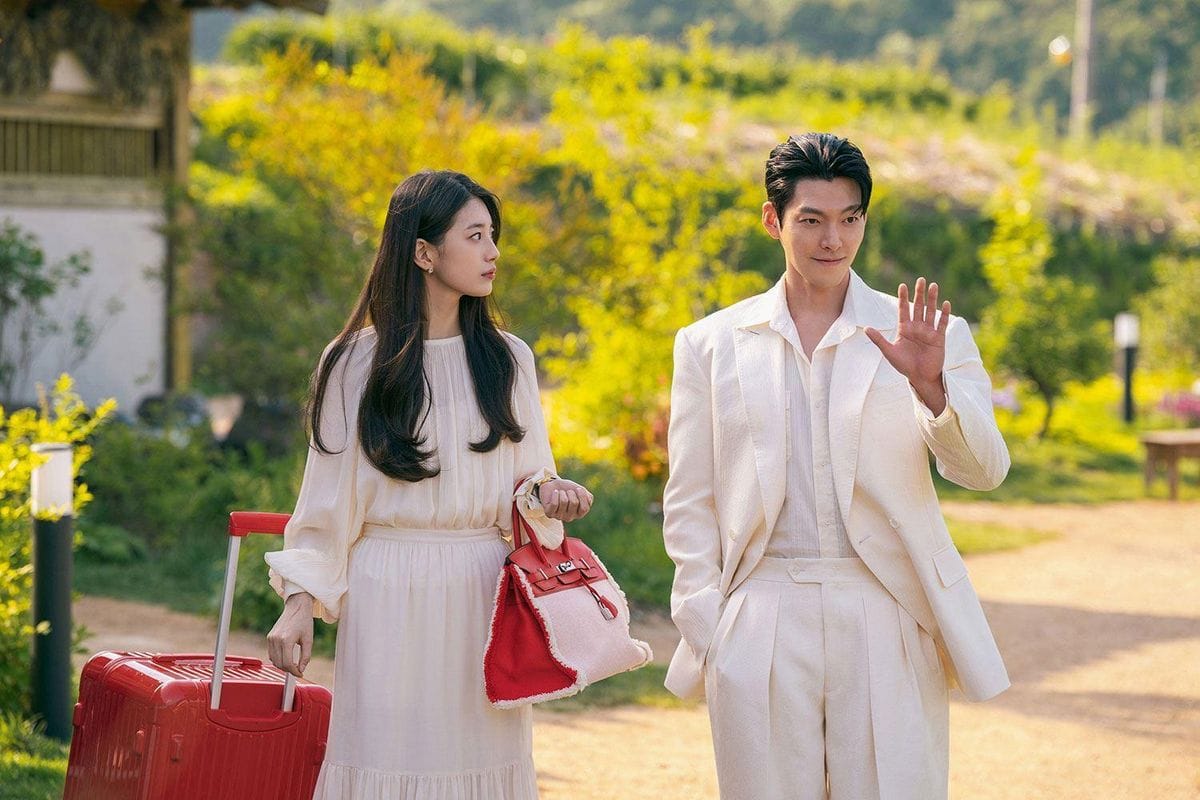Film Review: No Other Choice (2025)


I watched Park Chan-wook’s new film No Other Choice.
At first it seemed like an intriguing premise with a quick pace, but for some reason the two-hour movie felt like three hours. That’s not to say it wasn’t engaging.
Maybe it felt long because the story repeats itself — one person is killed, then the next — which can make the whole thing feel drawn out.
It also reminded me of one of Park Chan-wook’s earlier works, The Handmaiden:
the meticulous mise-en-scène, but also the perverse and brutal scenes.
There were even moments I couldn’t bear to watch, so I shut my eyes tight until they passed.
The film features unemployed men and their wives.
What’s interesting is that the wives keep suggesting alternatives, while the husbands stubbornly insist on returning to their old jobs.
When their husbands lose work, the wives propose cutting expenses, moving into smaller homes,
or opening a café instead of relying on the paper mill jobs they once had.
But the husbands, unwilling to let go, struggle to restore their lives exactly as they were and to reclaim their positions at the mill.
Ah… I couldn’t help but think, my parents were a bit like that, too.
If I were a wife and mother and my husband lost his job, I think I would probably act the same way they did.
I would cut back on expenses, look for part-time work, and try to persuade my husband to take on a new job — even if it was something he had never done before.
Near the end of the film, the daughter — who had never played the cello for them before — finally shows her extraordinary talent to her mother.
Even when someone suggested that, with such talent, she should study under a more expensive and prestigious teacher, the couple must have been doubtful. After all, they had never actually heard her play.
But the moment the mother realized that her daughter’s gift was real, she had no choice but to keep silent about her husband’s crimes. To afford those costly cello lessons and support her child’s future, the father simply could not be taken away.
In the end, the father finds himself in a fully automated paper mill where the machines do everything on their own.
Pointlessly, he taps on the paper rolls as if trying to stay one step ahead of the machines, using the old skills he once had in the outdated factory — but it means nothing now.
After several murders, he finally manages to secure a job as a supervisor, merely watching over the machines to see if they are running smoothly.
But one day, even that role will be replaced, and he will find himself unemployed again.
Or perhaps, until he retires, he will spend his days alone in that factory, wandering between the machines and meaninglessly tapping on the paper rolls.
I left the theater with a heavy feeling, wondering if my own life as an office worker might be like that too.
Ah — no! If I think that way, then every working person’s life is meaningless. My life would be meaningless.
Like Man-soo in the film, I tap my temple lightly and tell myself:
“I am happy. I am happy.”
After all, today I still have a job to earn money and colleagues I get to see.
At least for today, that’s enough to make it perfect and happy.






